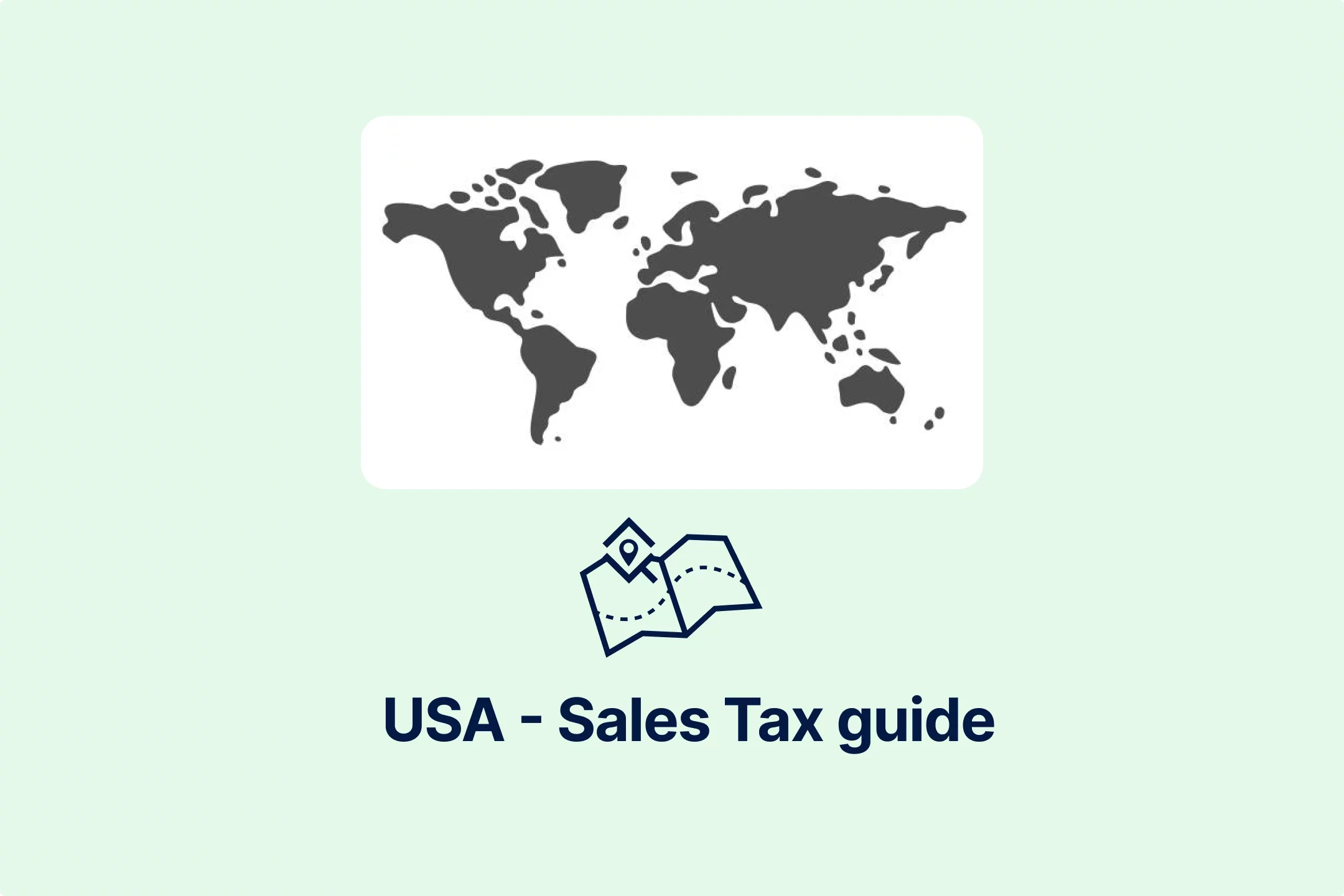Indiana Denies Sales Tax Refund on Medical Purchases

The Legislative Services Agency published the Indiana Department of State Revenue's Final Order, by which it denied a refund of sales tax to a surgery center and a clinic (medical center) that routinely purchase medical supplies and equipment in Indiana.
Facts of the Case and Department's Decision
The medical center requested a refund of USD 12,417.20 in sales tax from the Indiana Department of Revenue (IDOR), which was paid to its vendors for purchases of medical supplies and equipment. After reviewing all the documents submitted with the request, the IDOR accepted a partial refund of paid sales tax on exempt items in the amount of USD 1,177.06.
The main reason for denying the tax refund for the remaining amount was that the IDOR determined the remaining items purchased were not exempt from sales tax. Consequently, the medical center appealed against this decision, and the IDOR, after holding a hearing, made a Final Order Denying Refund.
The IDOR reviewed several purchases of medical supplies and equipment, which the medical center claimed were exempt from sales tax, including prosthetic devices, oxygen, and drugs. In its Final Order, IDOR stated that even though prosthetic devices may be exempt, the medical center in this case included items such as bandages, splints, and staples, which are not considered prosthetic devices.
Additionally, the medical center failed to demonstrate that the price it charges for these prosthetic devices is inconsequential. Therefore, the IDOR cannot agree that the medical center is entitled to claim the sale for resale exemption on its purchases of these devices.
Regarding the oxygen canisters, the IDOR stated that they are ineligible for a refund because the applicable tax exemption only covers returnable items that are purchased, not rented. Since rental transactions are generally subject to sales tax, the IDOR refused to make a refund for those transactions.
Regarding medical centers' claims that drugs are tax-exempt, the IDOR noted that drugs or medications must be prescribed or administered by a licensed practitioner. Considering that the medical center did not provide any prescription to substantiate the exemption claim, the IDOR also denied that request.
Conclusion
As one of the states where tax laws are interpreted strictly against taxable persons, claiming a tax exemption requires them to provide proof that the exemption applies. In other words, the state does not need to prove that an item or transaction is taxable to impose a tax on it. Therefore, if taxable persons do not demonstrate that they have the right to tax exemptions, the Indiana laws assume them liable. The case highlights the importance of accurately documenting all transactions for which a sales tax refund is claimed.

Featured Insights

Burkina Faso FEC E-Invoicing Mandatory July 2026
🕝 February 24, 2026More News from United States
Get real-time updates and developments from around the world, keeping you informed and prepared.
-e9lcpxl5nq.webp)







-fd4vrjrcmo.webp)











-qoqtiao7l2.webp)





-o0xyg5unvs.webp)










-sug7vykj81.webp)

















-pofe7ucwz3.webp)









-de8hdb1bn3.webp)







-xbhr0m4jsb.webp)


-ae6fi6cjox.webp)














-b0fpsws1w1.webp)





















-x78wuofpzj.webp)
















-b44f1vjl1i.webp)

-priw8nq5xc.webp)


.png)

.png)






























